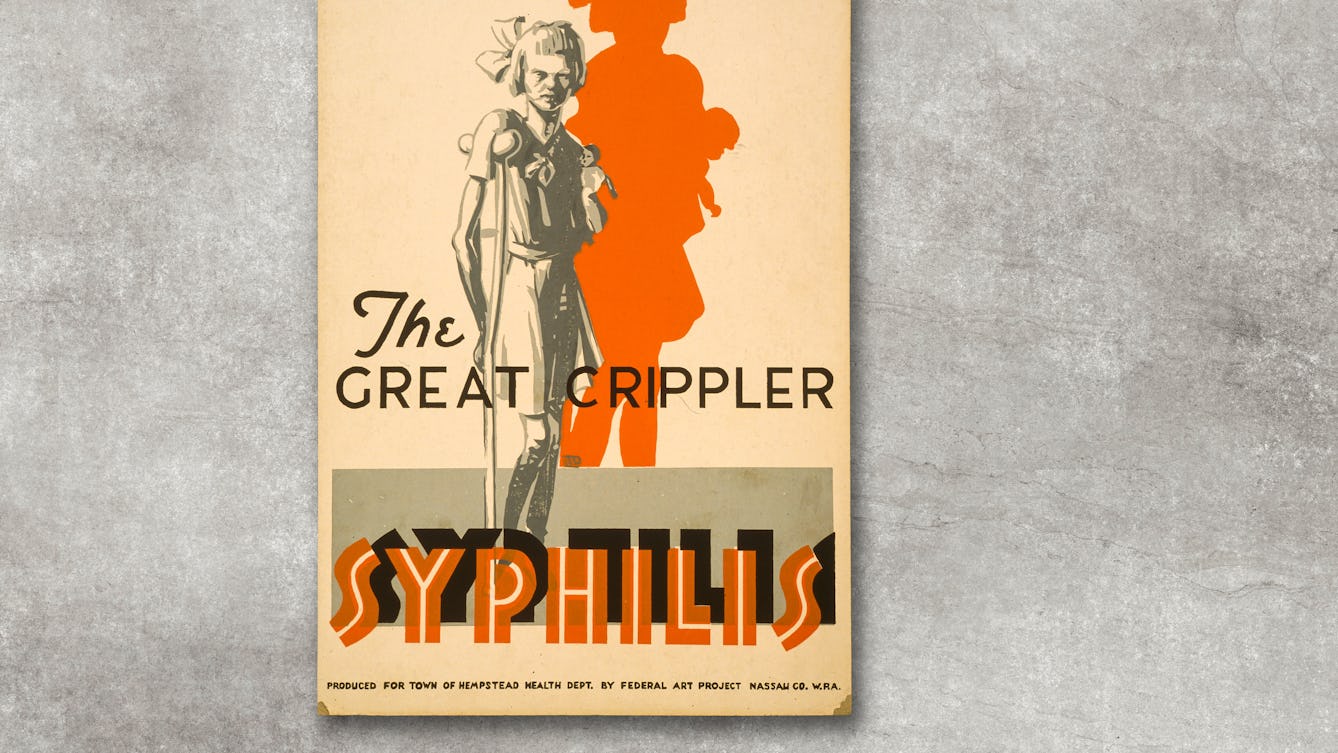
- Article
- Article
Public health campaigns and the ‘threat’ of disability
By continuing to represent disability as the feared outcome of disease, public health campaigns help to perpetuate prejudice against disabled people.

- Article
- Article
Guerrilla public health
From safe-use guides to needle exchange schemes, Harry Shapiro reflects on 40 years of drug harm reduction in the UK.

- Article
- Article
The birth of the public museum
The first public museums evolved from wealthy collectors’ cabinets of curiosities and were quickly recognised as useful vehicles for culture.

- Article
- Article
When a private pee is a public disgrace
The free pee is getting rarer. And the lack of suitably equipped disabled toilets is condemning people to lives cloistered away in their own homes. Discover how toilet access for all is part of an equal society.
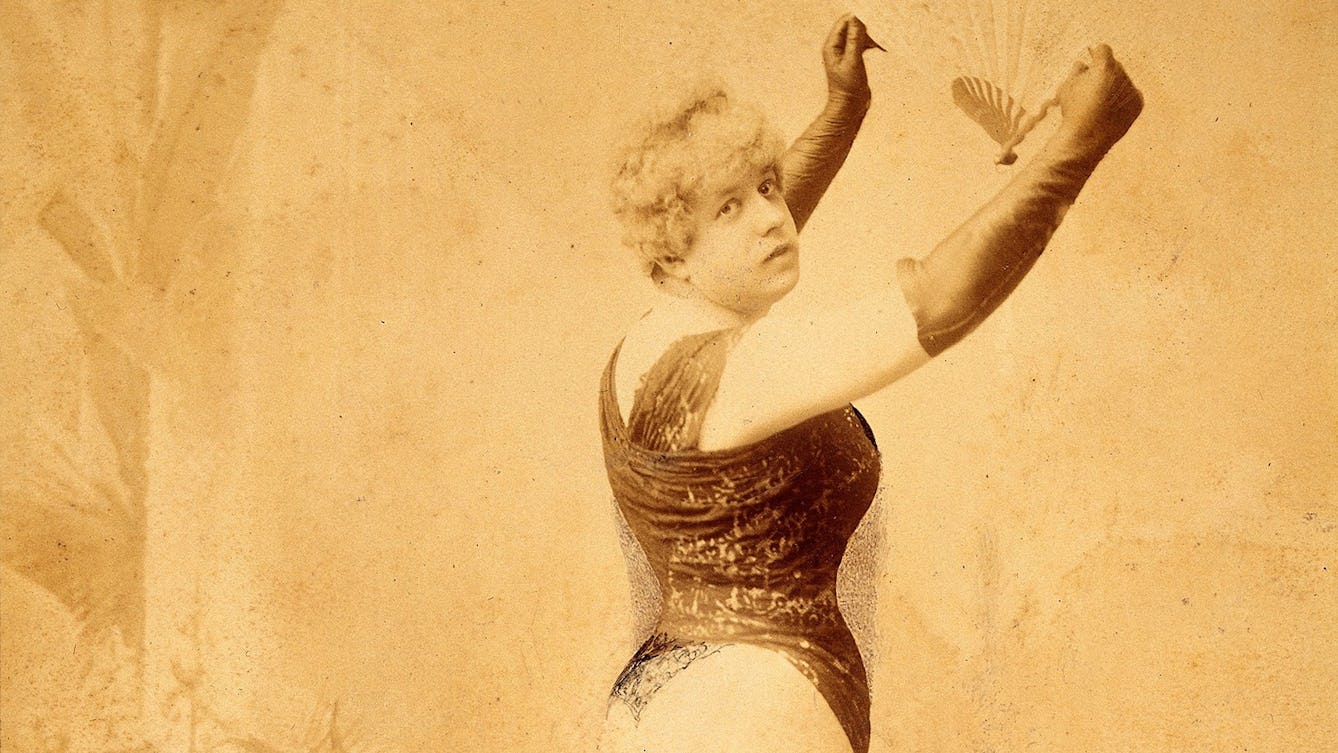
- Article
- Article
Photographs as evidence of gender identity and sexuality
Intriguing photographs from sexologists’ archives suggest they could have helped people explore their gender identity and sexuality.
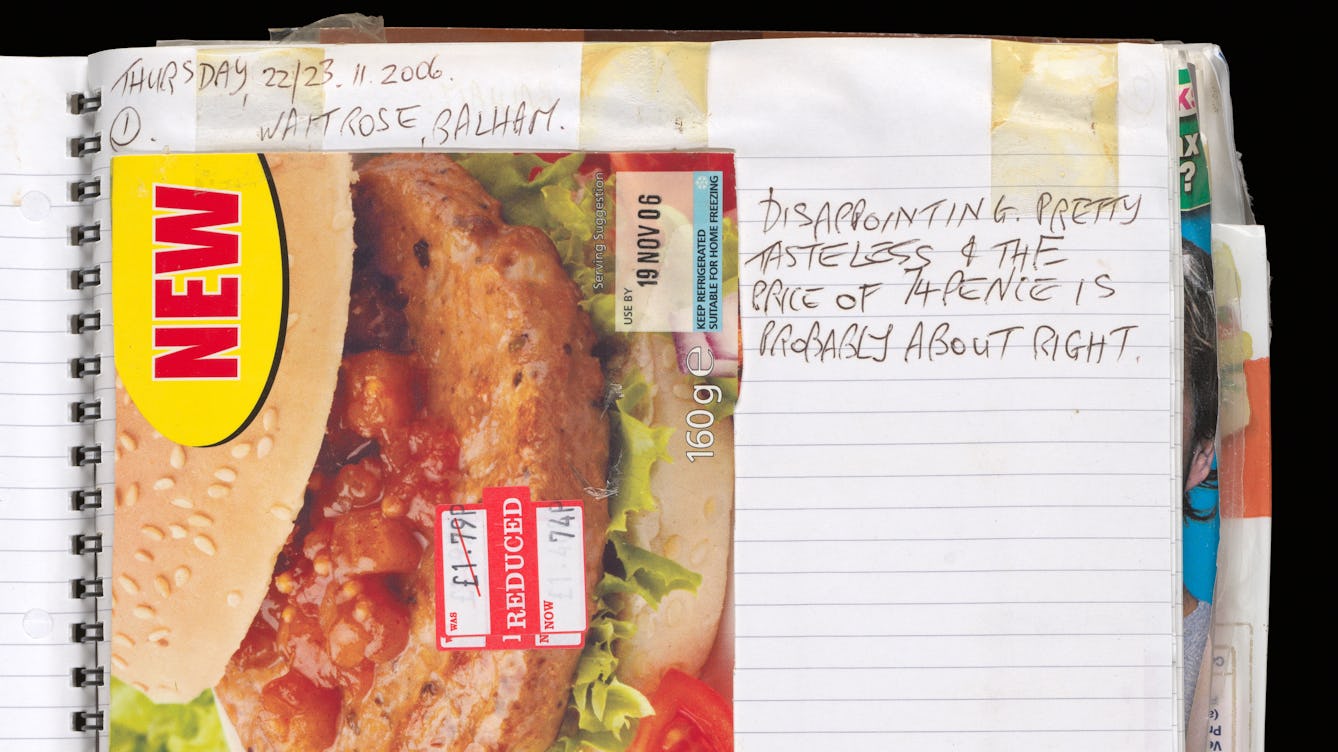
- Article
- Article
Audrey in the world
As the collection is fully catalogued, the archive is opened up to the public. A feature film about Audrey premieres, and Audrey gets her own Wikipedia page, so people can learn about her. For archivist Elena, it’s time to step back.
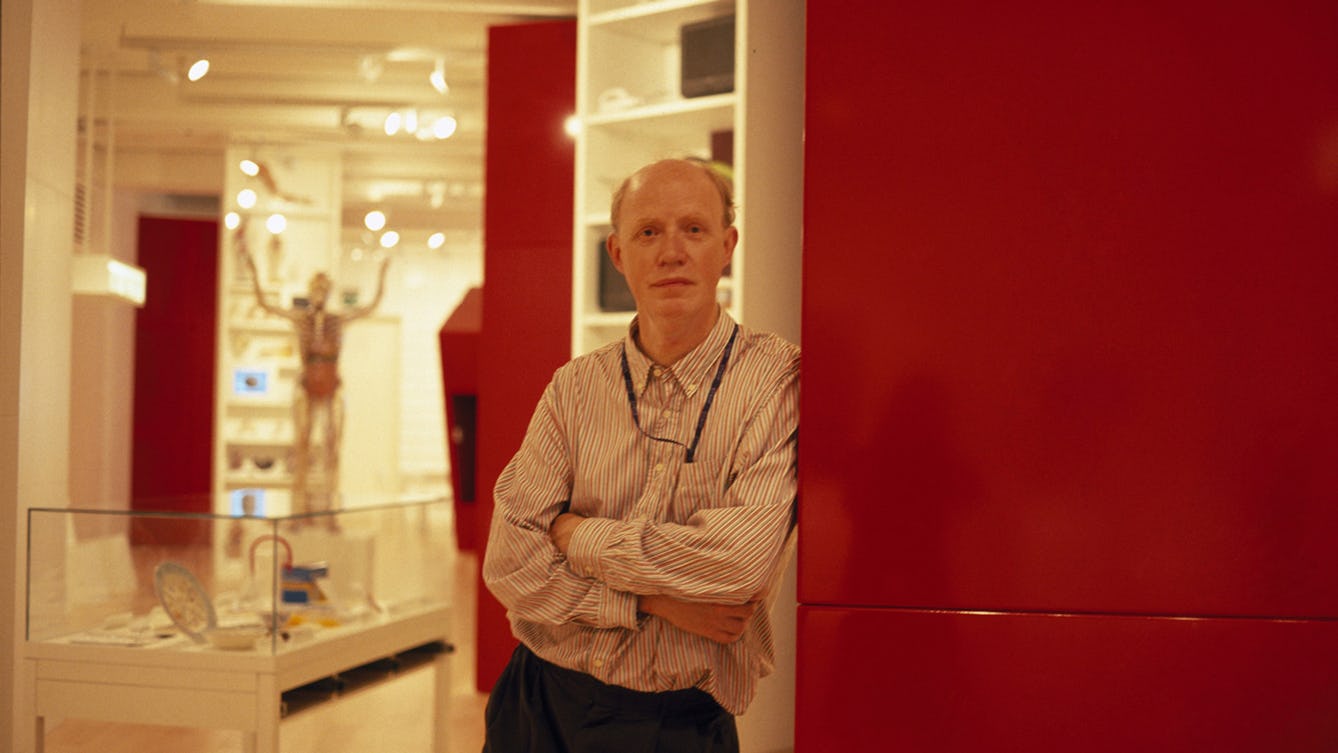
- Article
- Article
Ken’s ten: looking back at ten years of Wellcome Collection
Wellcome Collection founder Ken Arnold picks his favourite exhibits.

- Article
- Article
The significance of safe spaces as refuges from racism
Beer writer David Jesudason discusses the impact racism has had on his mental health, and the consolation offered by pubs that feel truly safe.

- Long read
- Long read
Healthy scepticism
Healthcare sceptics – like those opposed to Covid-19 vaccinations – often have serious, nuanced reasons for doubting medical authorities.
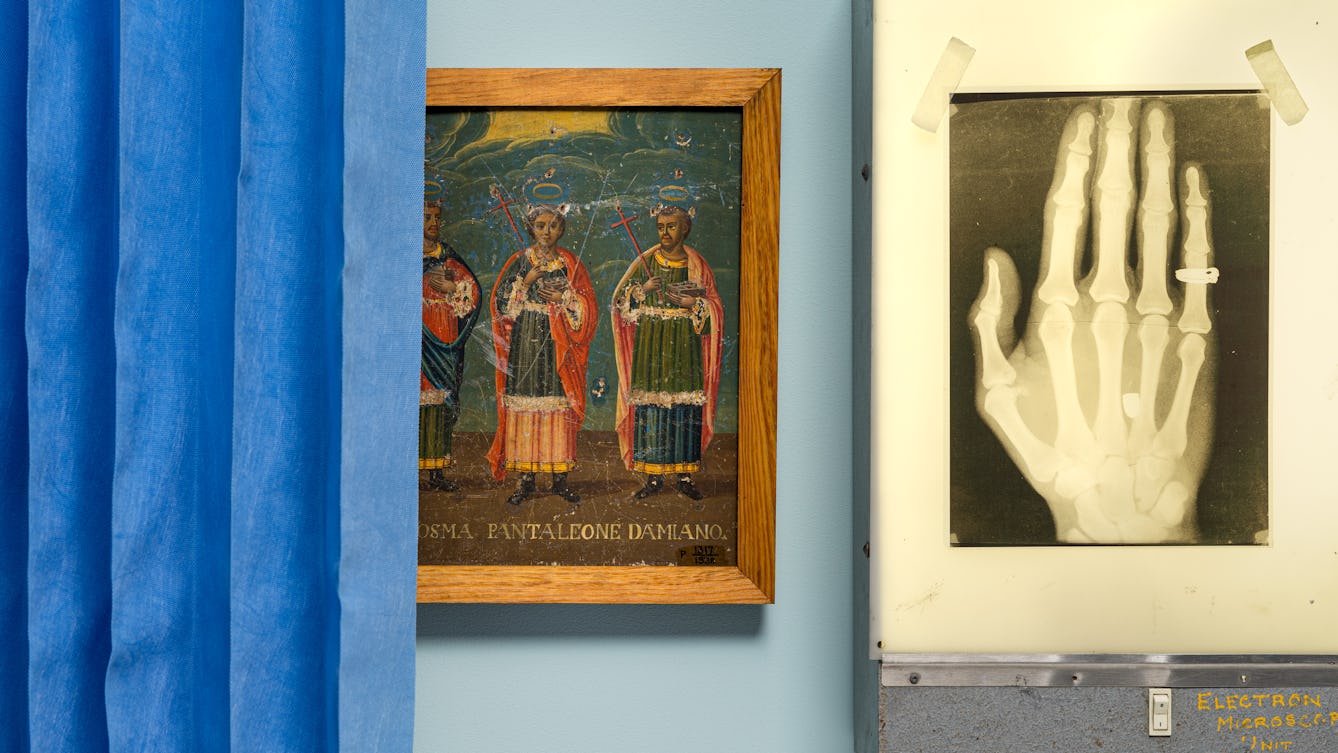
- Article
- Article
The ancient doctors who refused payment
The NHS might only be 70 years old, but the idea of free healthcare goes back to Ancient Greece, when devout doctors provided their services without charge.
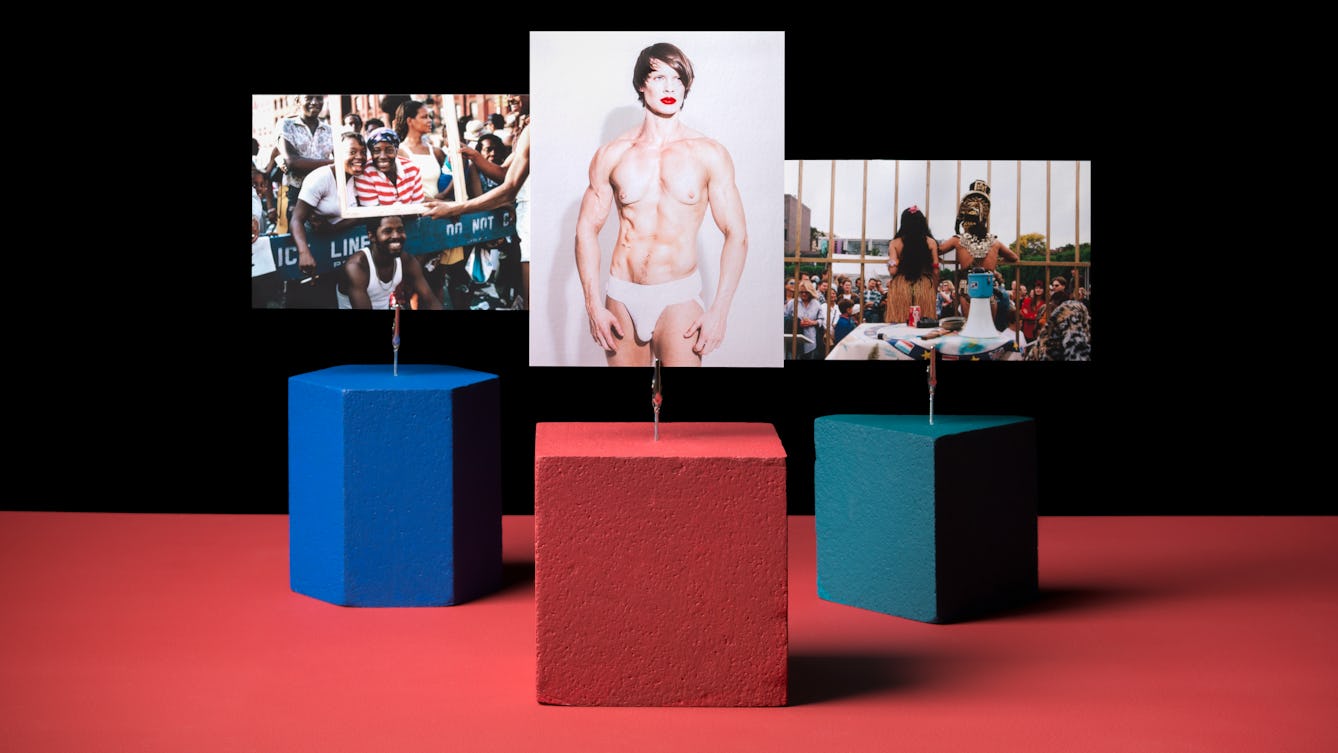
- Article
- Article
Performance art, frozen in time
For over a year, live performance art with an audience present has been largely impossible. But still images continue to allow artists in this sphere to inspire audiences at home.
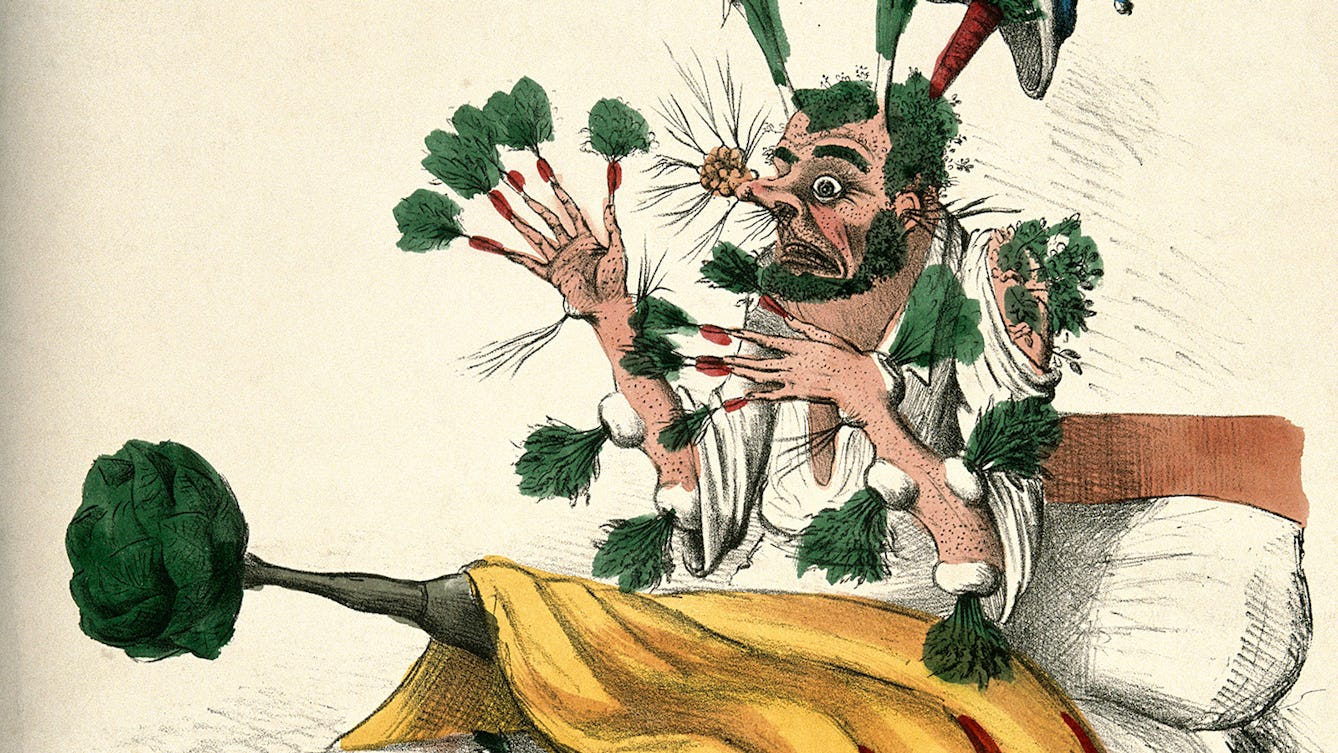
- Article
- Article
Graphic battles in pharmacy
James Morison’s campaign against the medical establishment inspired a wave of caricatures mocking his quack medicine.

- Article
- Article
When self-deception becomes global hoax
Being deceived isn’t always a case of believing someone else’s lie. Experiments have shown that many of us can be manipulated into accepting our own fictions as true.
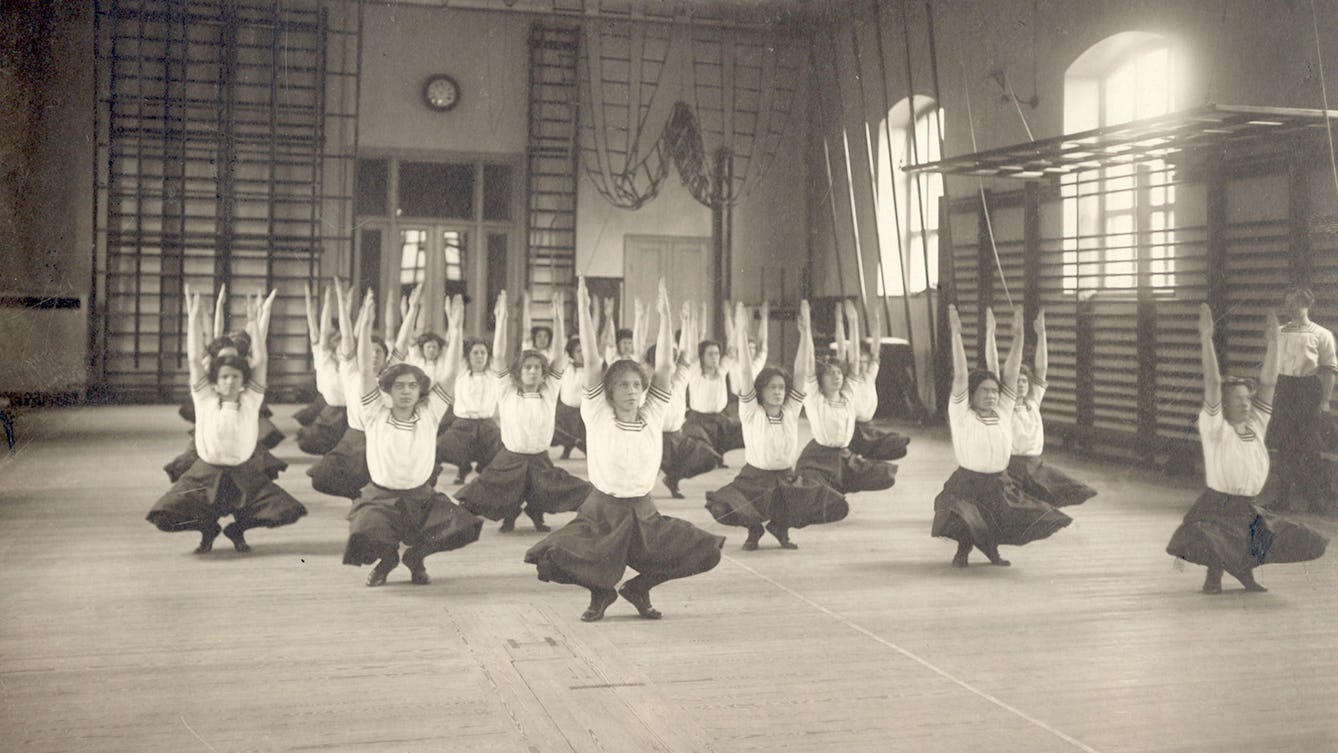
- Article
- Article
Yoga gets physical
Modern yoga owes a debt to the physical culture movement that created a world obsessed with health and fitness.

- Article
- Article
WhatsApp aunties and the spread of fake news
The advantages of WhatApp chat groups – especially as a cost-free way of keeping in touch with family around the world – make them fertile ground for the spread of bogus medical advice. Writer Rianna Walcott explores how to encourage ‘aunties’ in the community to question the truth of unattributed health hoaxes.

- Long read
- Long read
Rehab centres and the ‘cure’ for addiction
Guy Stagg takes us on a brief history of rehab centres and their approaches to addiction and recovery.

- Book extract
- Book extract
Dangers inside and out
Eimear McBride reflects on the deadly consequences of misogyny in the wake of the murder of Sarah Everard and argues why advising women to simply “stay indoors” is wrong.
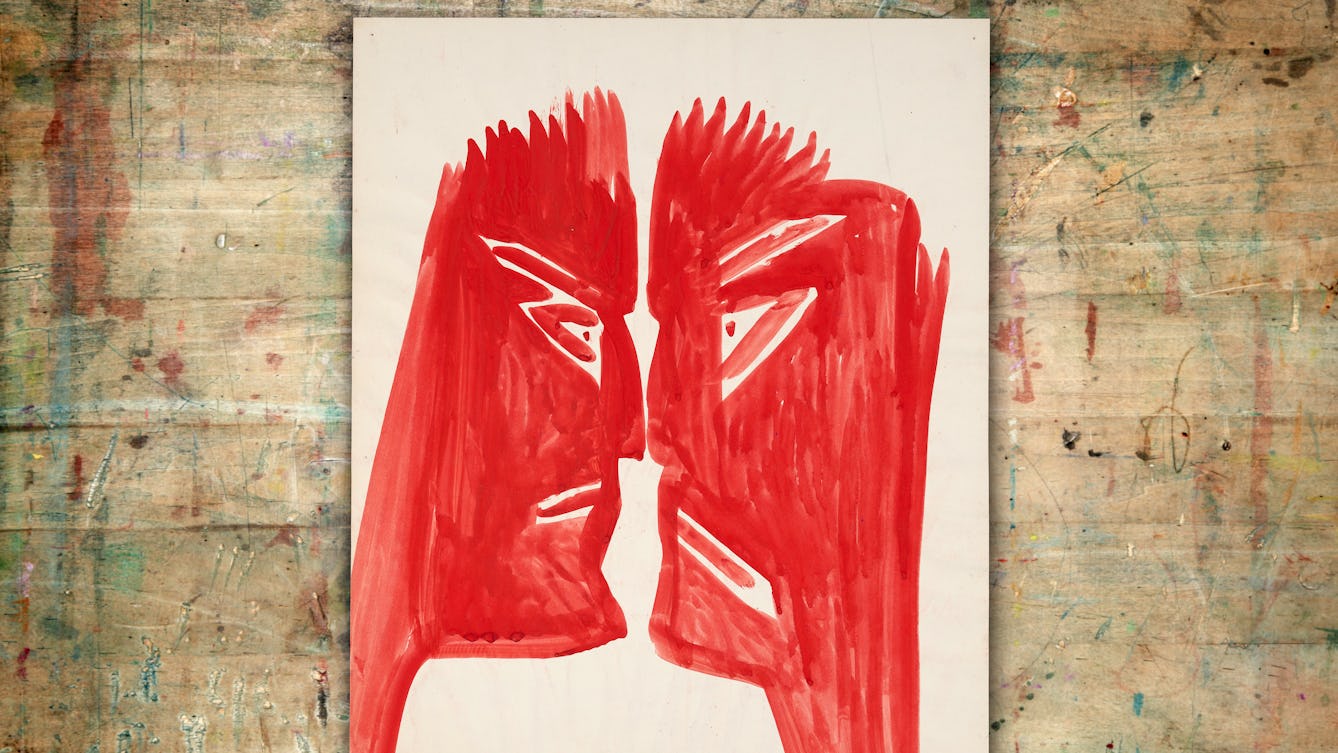
- Article
- Article
Mary Bishop and the surveillant gaze
Writer and artist Rose Ruane explores the paintings of Mary Bishop, created during a 30-year stay in a psychiatric hospital, which speak of constant medical surveillance and censorious self-examination.

- Article
- Article
A symbol of a lost homeland
The story of one protective amulet from Palestine reveals a complex tale. Encompassing the personal history of an influential doctor and collector, it provides a window onto dispossession and exile, and the painful repercussions that are still felt today.

- Article
- Article
Going viral in the online anti-vaccine wars
‘Anti-vaxxers’ are taking their message online using powerful images as well as words. But is the pro campaigners’ response any better?
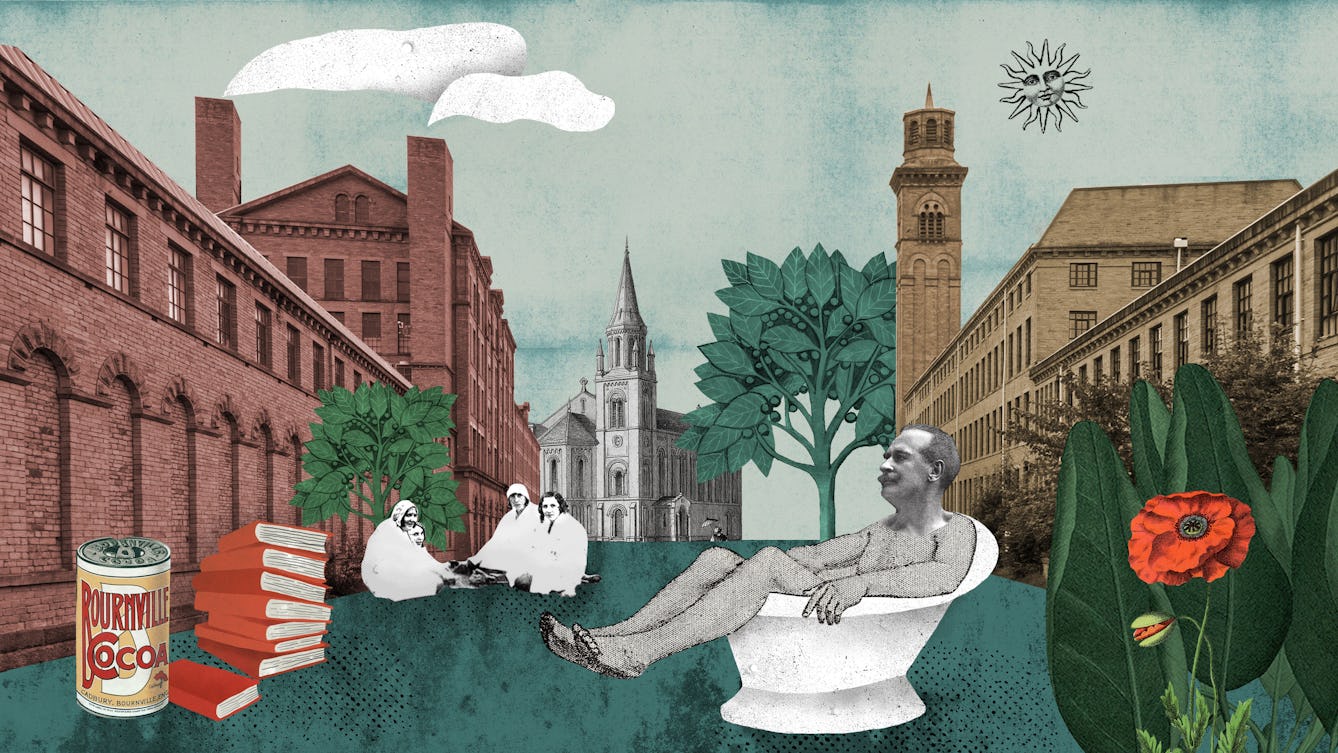
- Article
- Article
Homes for the hives of industry
By building workers’ villages, industry titans demonstrated both philanthropy and control. Employees’ health improved, while rulebooks told them how to live ideal lives.
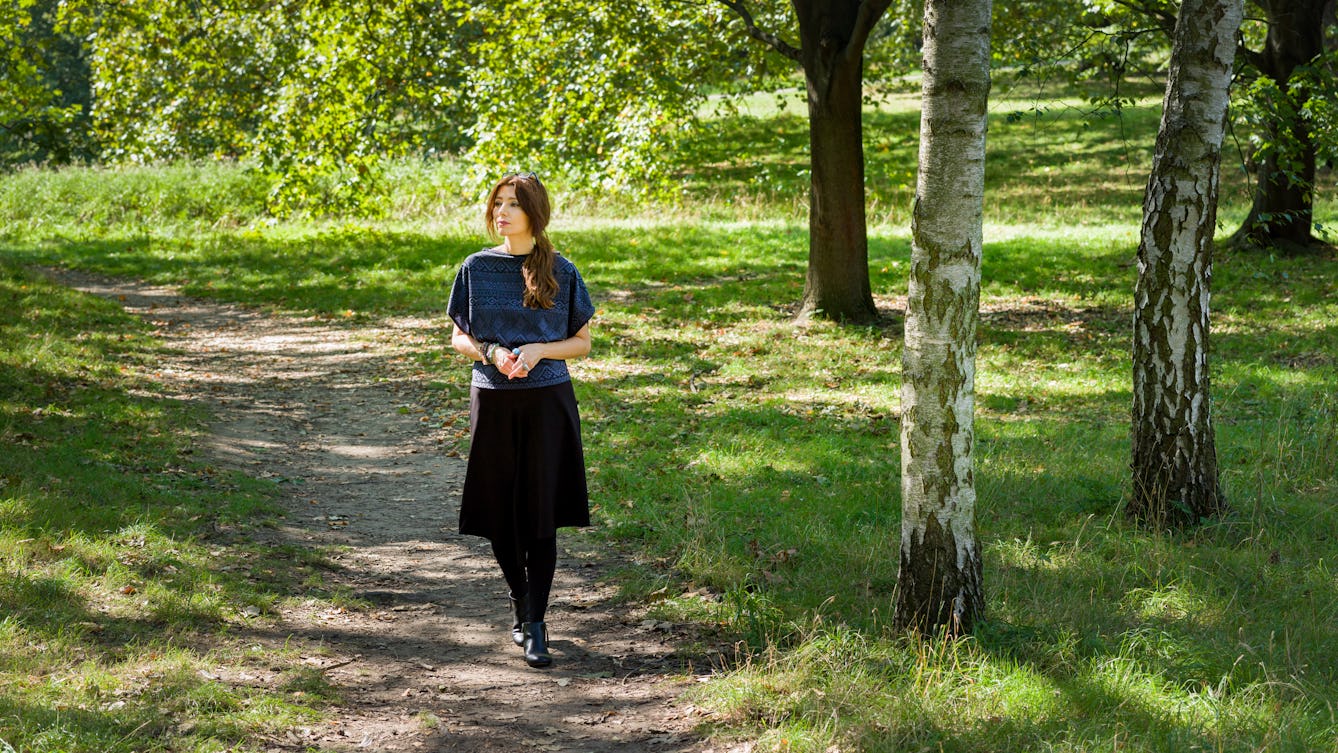
- Book extract
- Book extract
How stories bring us together
Elif Shafak considers how hard it is to be heard in our divided world, but how listening can nurture wisdom, connection and empathy.
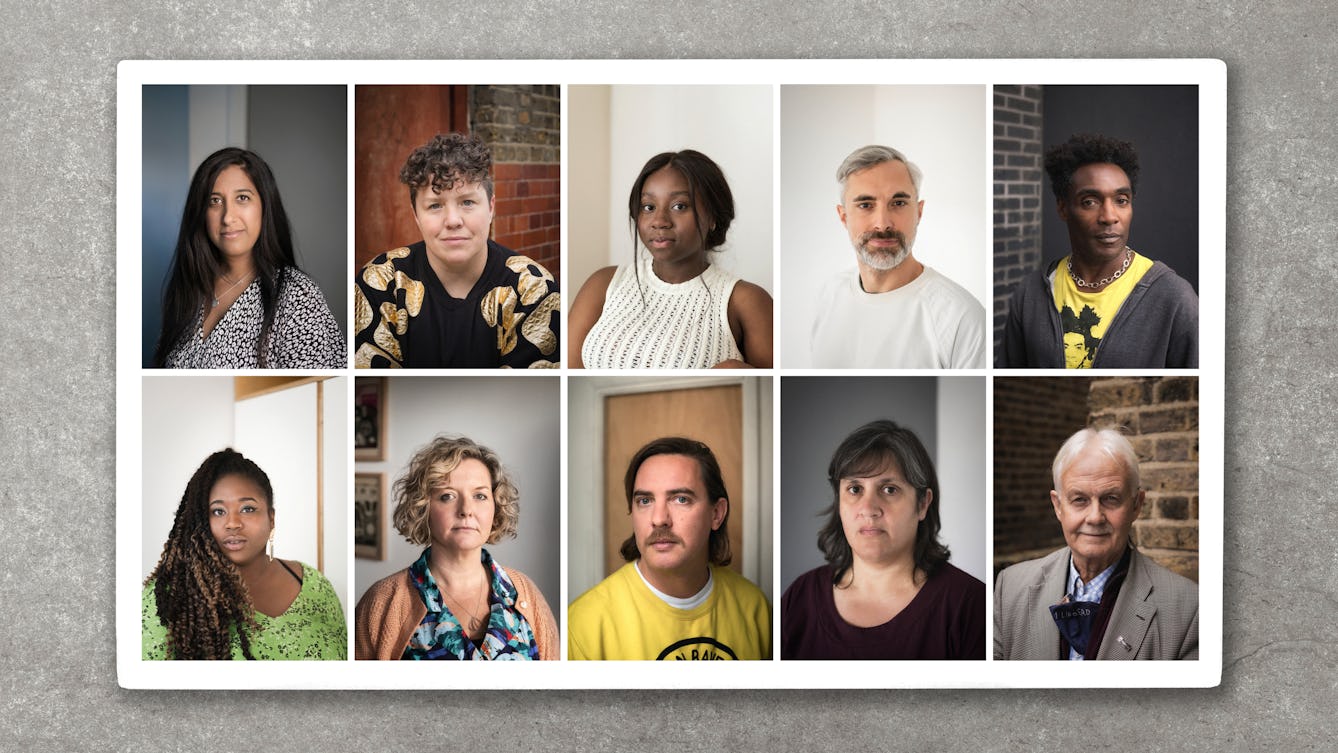
- Article
- Article
Care, creativity and a connected world
Find out about the challenges Wellcome Collection has faced during the last very demanding year.

- Article
- Article
The birth of Britain's National Health Service
Starkly unequal access to healthcare gave rise to Nye Bevan’s creation of a truly national health service.
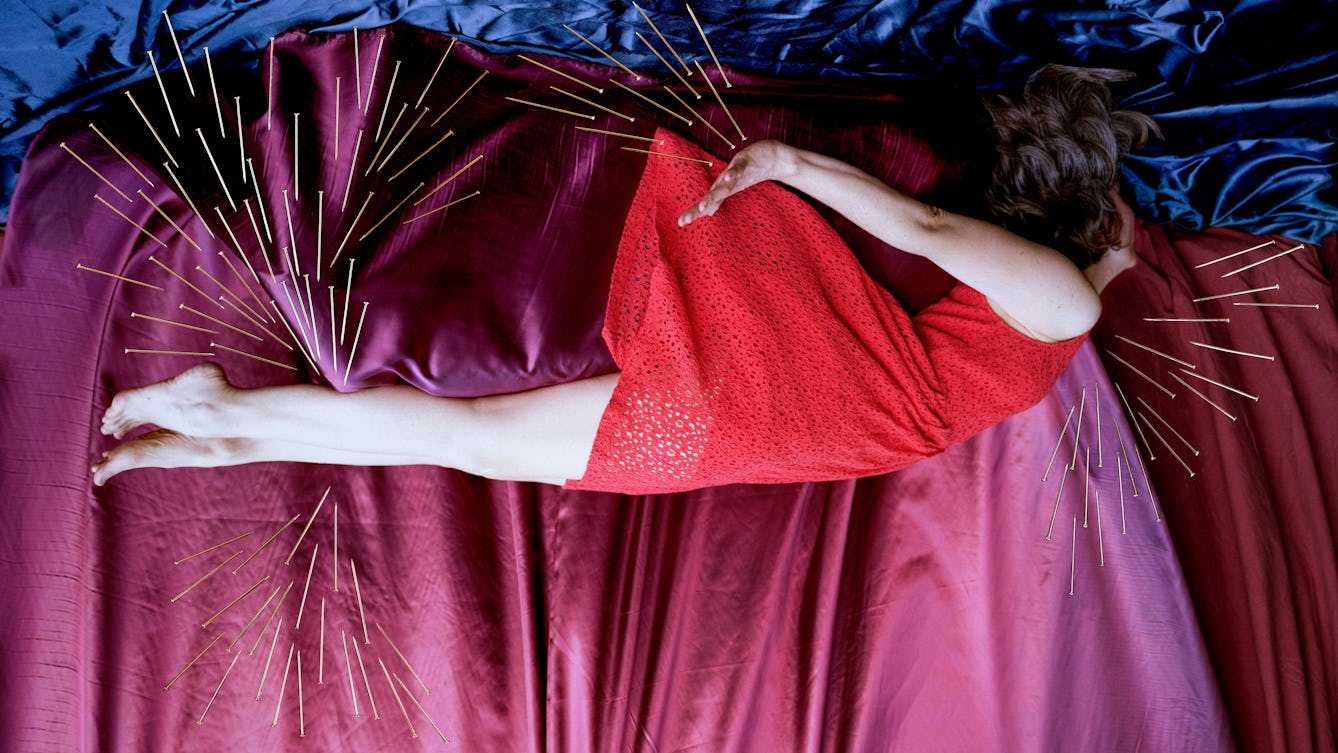
- Article
- Article
Where does violence come from?
The popular understanding of certain ideas in psychology have become so embedded that it’s easy to blame the parents when a young person commits a crime. Laura Bui looks to the past for evidence.